Publications
Articles, publications, books, tools and multimedia features from the U.S. Institute of Peace provide the latest news, analysis, research findings, practitioner guides and reports, all related to the conflict zones and issues that are at the center of the Institute’s work to prevent and reduce violent conflict.
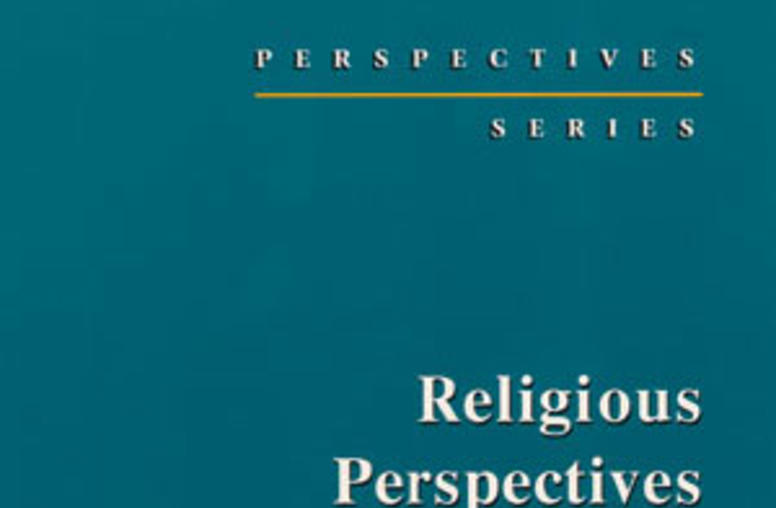
Religious Perspectives on War
In this volume, Jews, Muslims, and Christians with very diverse views address such issues as the just war doctrine, explaining their differences and finding often surprising common ground.
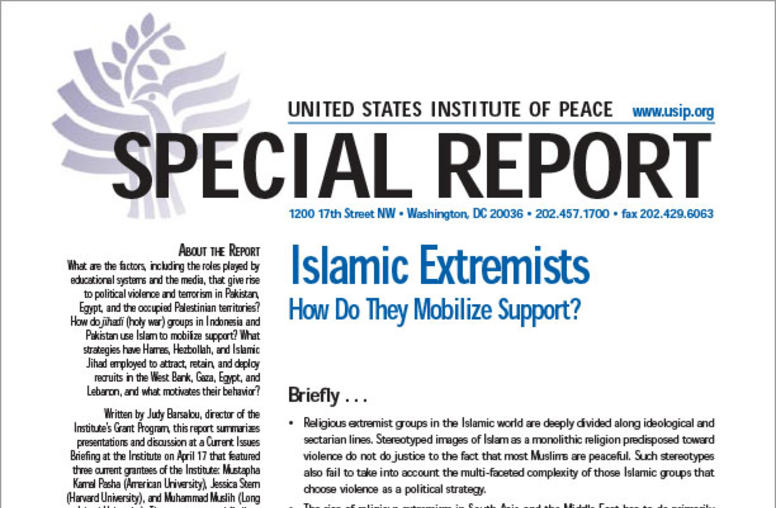
Islamic Extremists: How Do They Mobilize Support?
What are the factors, including the roles played by educational systems and the media, that give rise to political violence and terrorism in Pakistan, Egypt, and the occupied Palestinian territories? How do jihadi (holy war) groups in Indonesia and Pakistan use Islam to mobilize support? What strategies have Hamas, Hezbollah, and Islamic Jihad employed to attract, retain, and deploy recruits in the West Bank, Gaza, Egypt, and Lebanon, and what motivates their behavior?

Interfaith Dialogue and Peacebuilding
Drawing on their extensive experience in organizing interaction and cooperation across religious boundaries in the Middle East, Africa, Southeast Asia, Northern Ireland, and the Balkans, the contributors explore the formidable potential of interfaith dialogue.
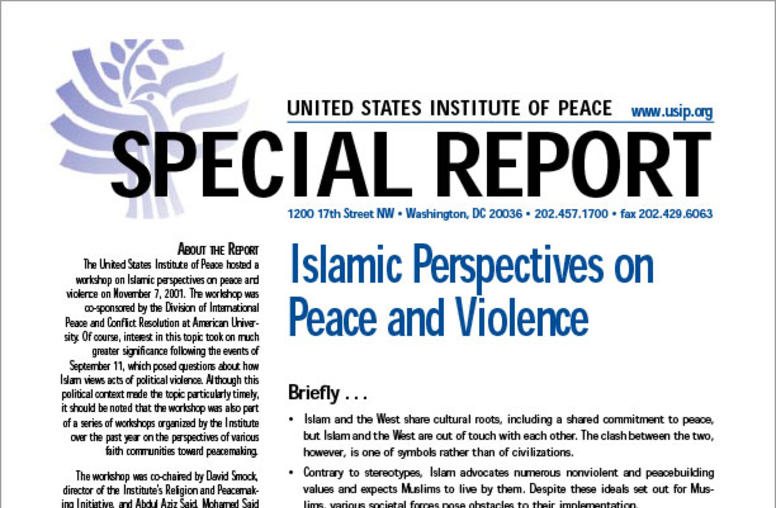
Islamic Perspectives on Peace and Violence
Summary Islam and the West share cultural roots, including a shared commitment to peace, but Islam and the West are out of touch with each other. The clash between the two, however, is one of symbols rather than of civilizations.
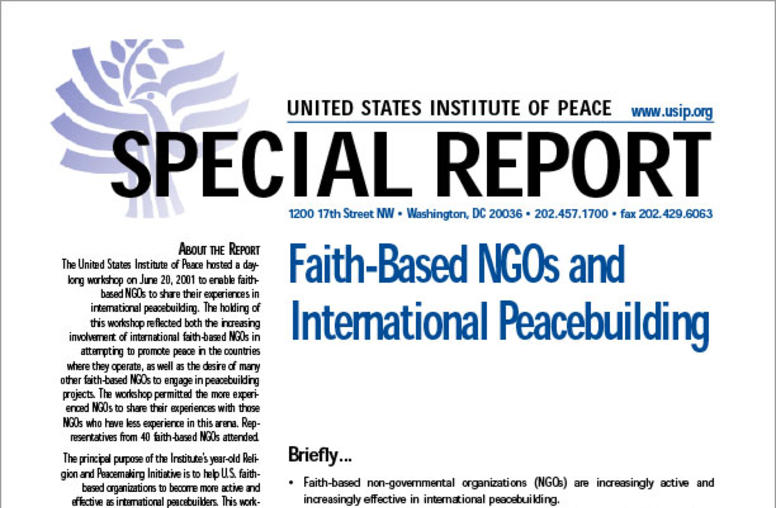
Faith-Based NGOs and International Peacebuilding
Summary Faith-based non-governmental organizations (NGOs) are increasingly active and increasingly effective in international peacebuilding. Faith-based organizations have a special role to play in zones of religious conflict, but their peacebuilding programs do not need to be confined to addressing religious conflict.
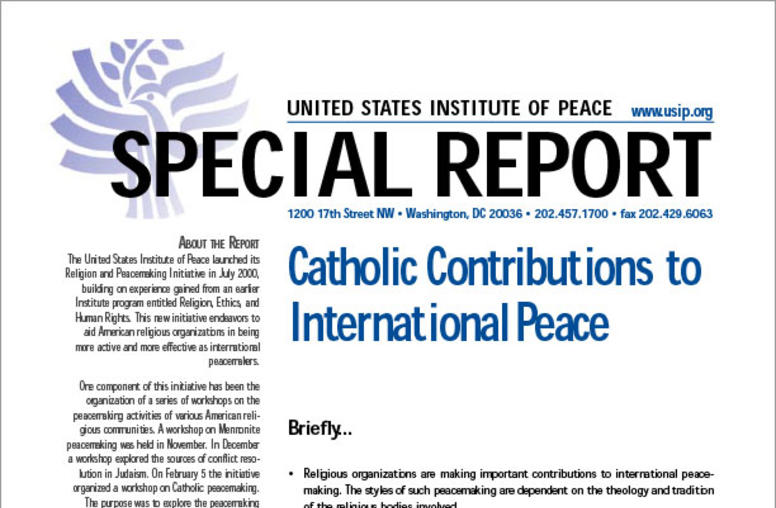
Catholic Contributions to International Peace
The United States Institute of Peace launched its Religion and Peacemaking Initiative in July 2000, building on experience gained from an earlier Institute program entitled Religion, Ethics, and Human Rights. This new initiative endeavors to aid American religious organizations in being more active and more effective as international peacemakers.
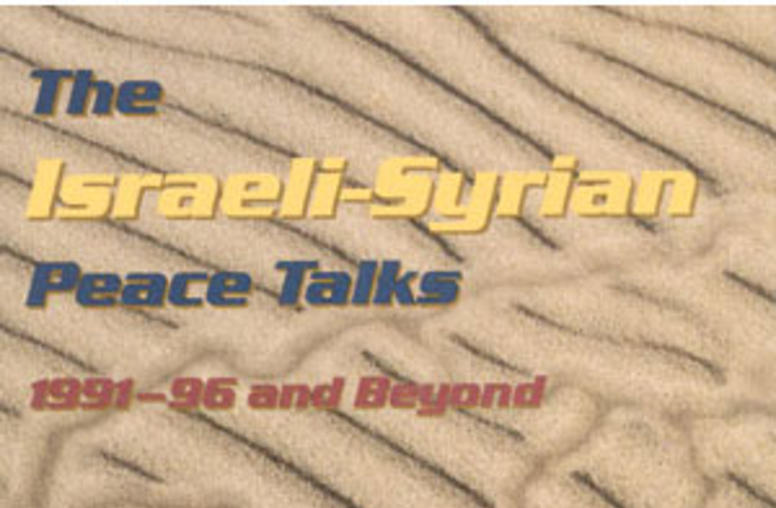
The Israeli-Syrian Peace Talks
Helena Cobban here provides a fascinating look at the painstaking negotiations between the two Middle East powers that thrice went to war in the past half-century, and the role that the United States played in trying to bring Israel and Syria closer together on crucial points.
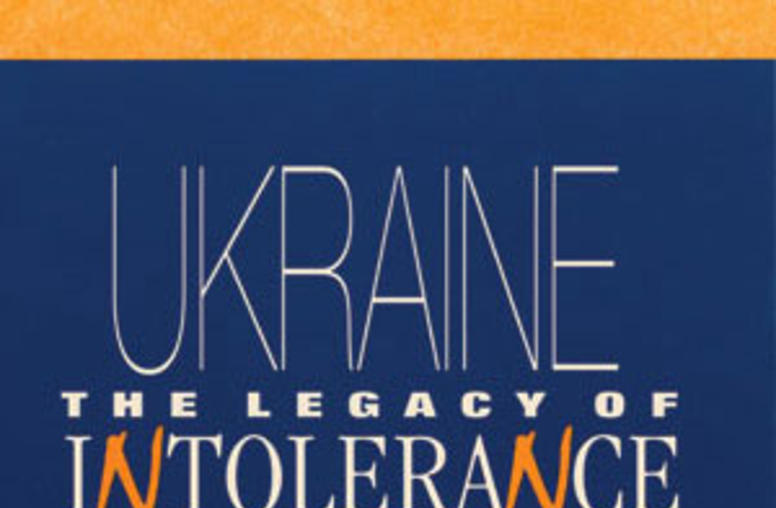
Ukraine: The Legacy of Intolerance
Examines the complex history of the Ukrainian conflict, explores the contending claims of the different churches, and analyzes the prospects for resolution.
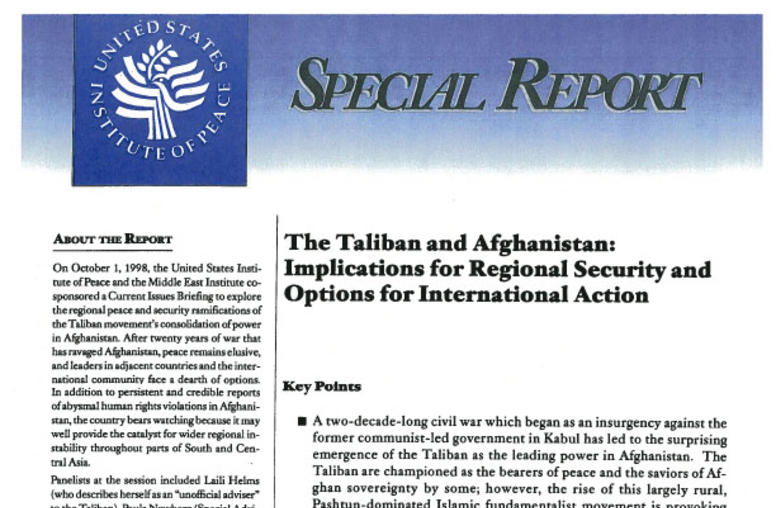
The Taliban and Afghanistan: Implications for Regional Security and Options for International Action
The United States Institute of Peace and the Middle East Institute cosponsored a Current Issues Briefing to explore the regional and security ramifications of the Taliban movement's consolidation of power in Afghanistan. After twenty years of war that has ravaged Afghanistan, peace remains elusive, and leaders in adjacent countries and the international community face a dearth of options. In addition to persistent and credible reports of abysmal human rights violations in Afghanistan, the cou...
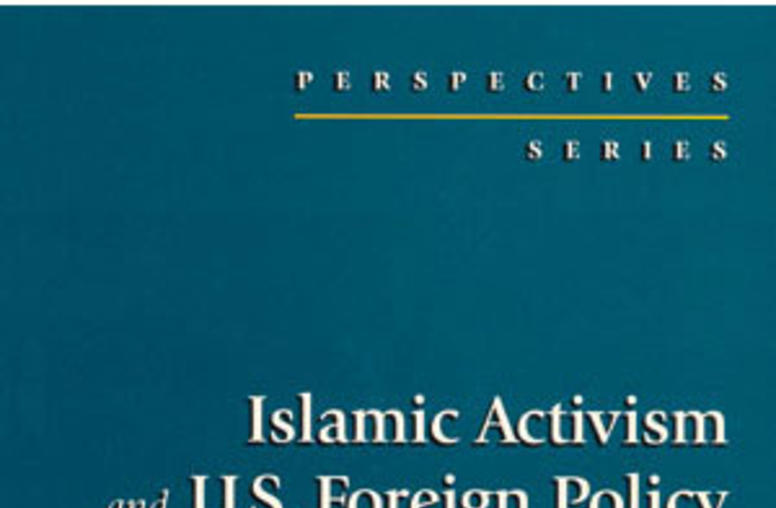
Islamic Activism and U.S. Foreign Policy
For many in the West, political violence in Algeria, the Middle East, and elsewhere has come to symbolize the threat of “Islamic activism.” Terrorist attacks such as the bombing on the World Trade Towers have solidified this view. Western governments, however, must deal with the challenge of extremism in the broader context of their relations with diverse states with contrasting histories, geographies, and peoples.